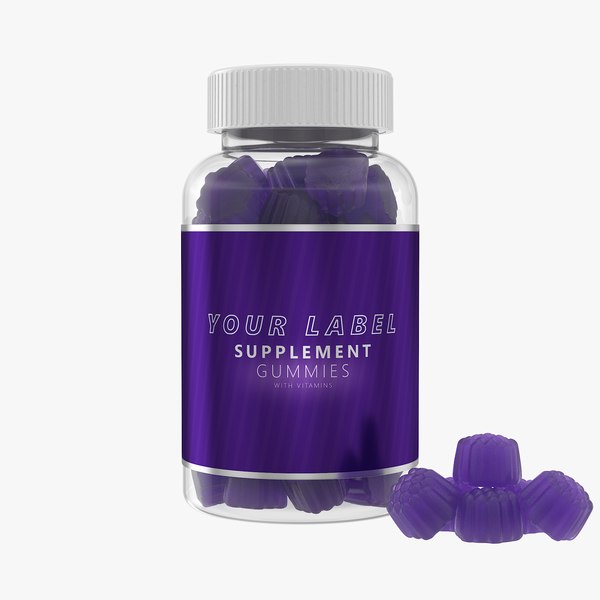As males get in their late fifties or forties, their bodies become a lot more susceptible to sick problems and certain illnesses, especially of the prostate gland. Portion of the male reproductive system, the prostate is walnut-sized bulb of tissue located in the foundation of the bladder. After a man grows to the age of 45, the prostate gland becomes more susceptible to prostate enlargement, also referred to as benign prostate hyperplasia (BPH).
The causes of BPH seem to lie in male’s diet plan, and a high-fat, high sugar diet plan is considered to take a man’s risk of developing BPH. Aside from making dietary changes, a lot of men will also be looking into natural cures that is going to assist with stop or even treat BPH as well as its symptoms, including frequent urination at night, a continuous urge to urinate, trouble in starting to urinate, trouble keeping a continuous stream of urine, and trouble in completely burning a hole in the bladder.
Saw palmetto is certainly touted as an all natural herbal treatment for prostate enlargement. Some reports show results whereby saw palmetto apparently decreased gland swelling and much better symptoms more than many weeks. But a far more recent study published in 2006 has cast doubt on the prior studies’ results, with clinical quizzes showing that saw palmetto appears to have no much better effect than a placebo. There are sure to be further studies, but at the same time it is difficult to say whether saw palmetto can easily still be considered a highly effective plant based solution supplements for prostate (click here to visit urbanmatter.com for free) BPH.
Yet another herbal remedy is pygeum bark extract, which is from the vegetable Pygeum africanum, a species of evergreen found throughout the African continent. It has been popular in Europe, specifically France, for the treatment of prostate conditions in older males. In this particular situation, medical studies agree with traditional medicine, as well as demonstrate- Positive Many Meanings – that pygeum bark extract is effective in boosting symptoms of BPH. Nonetheless, the pygeum plant is certainly overharvested and it is presently endangered, nevertheless, conservation efforts are ongoing.
Stinging nettle roots are yet another natural solution for BPH, along with clinical studies have demonstrated these being effective in relieving prostate enlargement symptoms, however, it doesn’t appear to actually bring down gland swelling.
In the end, the very best natural approach to BPH is preventing it from occurring, by consuming a diet rich in nutrients which are seen to end up with a preventative impact on prostate enlargement. Lycopene is especially effective, and it’s used in tomatoes as well as tomato products (ketchup, tomato sauce, etc.), and even in pink grapefruit, melon, and guava. Vitamins D and E may also be considered beneficial in preventing BPH and prostate cancer. Daily consumption of pomegranate juice could also be helpful, as a 2006 study has shown it slows the rate of development of prostate cancer.
